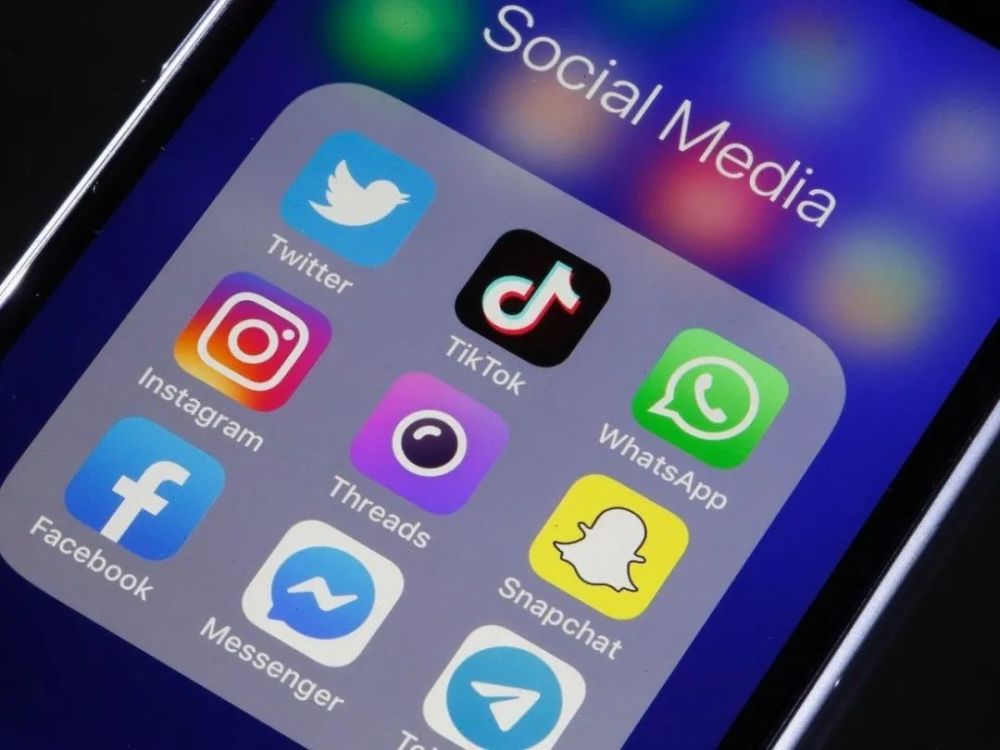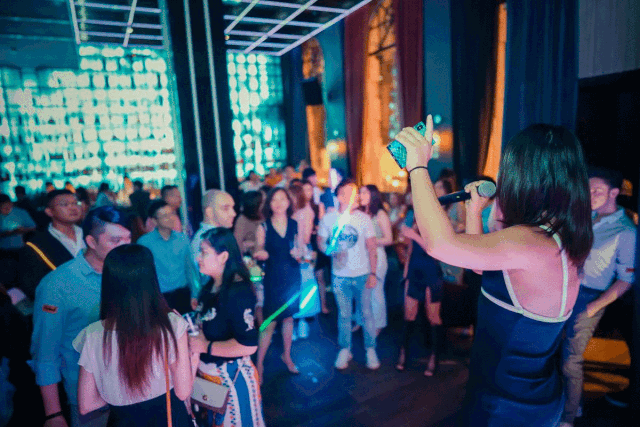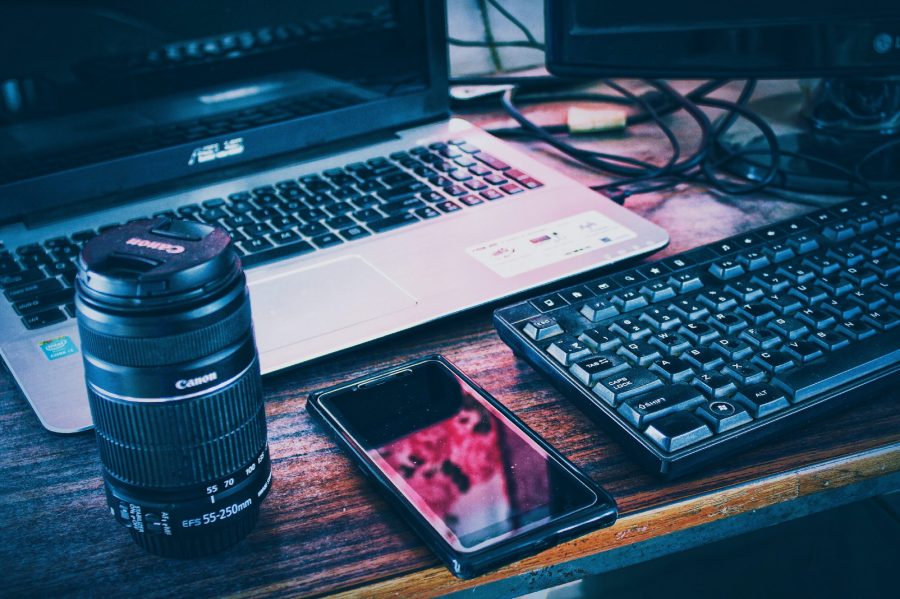The Internet has revolutionized how we build and show our identity. In the real world, things like how we look and act with others shape who we are. But online, it’s a whole new ballgame.

What is Digital Identity?
Digital identity is the you that you make on the Internet. It’s your social media pages, how you talk in online groups, and even the game characters you pick. For example, on Facebook, someone might fill their profile with pictures of their cool hobbies, like skateboarding or painting, to seem really interesting. In a chatroom about movies, the way you talk about your favorite flicks and directors helps create your digital identity. And in a role-playing game, if you always choose a character that’s a leader, it might say something about you in real life too.
How We Shape Our Digital Identity
1. Social Media: Take Instagram. Fitness lovers post their workout selfies and healthy meal pics. They use filters and write inspiring captions to look fit and motivated. Artists share their latest paintings or drawings, showing off their creativity.
2. Online Communities: In a cooking forum, people swap recipes and talk about their kitchen disasters. They can be super honest and open because it’s a community that shares their interest. And in a gaming community, players discuss strategies and brag about their achievements, building a reputation as a skilled gamer.
3. Content Choices: If you’re always liking and sharing animal rescue videos on Twitter, it shows you care about animals. Or if you comment a lot on tech gadget reviews, it means you’re into that stuff.

The Good and the Bad
Positives:
You can be really creative. Like people who make amazing DIY videos on TikTok and get tons of followers. You can also try new things easily. For example, you can use a virtual makeover app to see if you’d look good with purple hair without actually dyeing it.
Negatives:
There’s a lot of pressure. On Snapchat, seeing everyone’s perfect party pictures can make you feel left out. And sometimes, trying to keep up an online image can make you feel fake. You might say you love a certain book just because it’s popular, not because you really do.
Finding Balance
Our online identity is just one part of who we are. It’s fun to explore and share online, but we should stay true to ourselves and use digital spaces mindfully. Remember, being authentic matters both on and offline.




I really enjoyed reading your blog! You’ve done a great job breaking down what digital identity is and how it’s shaped. And the examples are all very easy to understand.
I loved how you touched on both the creative freedom digital spaces provide and the pressures they bring. The part about trying purple hair through a makeover app really hits me. It immediately remind me of all the filters and virtual try-ons I’ve used. But on the flip side, your mention of Snapchat FOMO and the pressure to keep up appearances felt really real too. Honestly, I think many people sometimes posting about something trendy is just for fitting in, including me.
Your writing has a great conversational flow, you’re not just hyping up the positives or focusing on the negatives, but showing both sides clearly. But I think maybe you could explore a bit more on how digital identity influences real-life interactions. Like, does the way someone presents themselves online ever clash with who they are offline?
I really enjoyed your presentation and analysis of identity construction in the digital world. Your article provided new perspectives of understanding through the presentation of identities in the Internet, and in particular, your analysis of persona construction in social media made me fully aware of the current focus of social media on information sharing and identity construction. Interestingly, I had previously considered the identity displays of Internet celebrities on social media to be authentic, especially the enviable displays of rich lives by different Internet celebrities. Notably the analysis of identity construction in the digital world made me fully aware of the display of false identities by social media users. It is noteworthy that the entire packaging as well as presentation of character construction is authentic to some extent. Your article has made me understand through the analysis of identity construction that individuals need to maintain the ability to think independently in the face of information overload as well as character packaging in social media. Especially in this complex online world, identity construction in the digital world demonstrates, to a certain extent, people’s pursuit of the life they aspire to. Your article based on the analysis of identity construction has made me fully aware of my need to maintain the ability to think independently in social media, and furthermore to maintain critical thinking about the presentation of identities of internet celebrities. Overall, thank you very much for your article and what it has given me to understand about identity construction in the digital world as well as identity presentation of internet web celebrities! Well done!